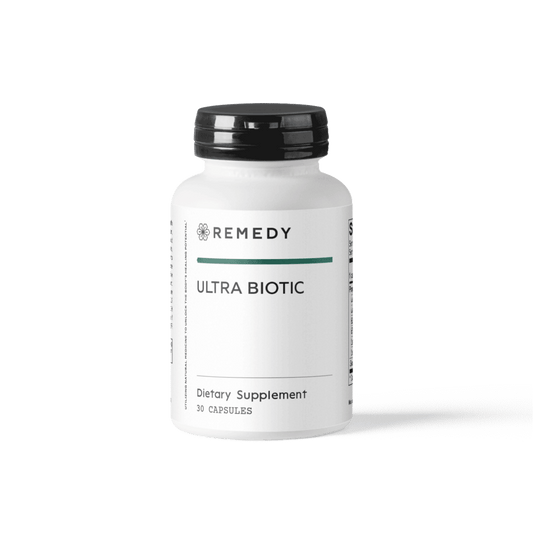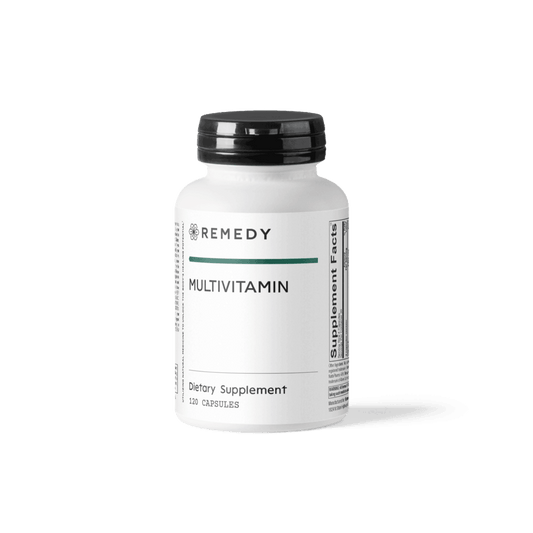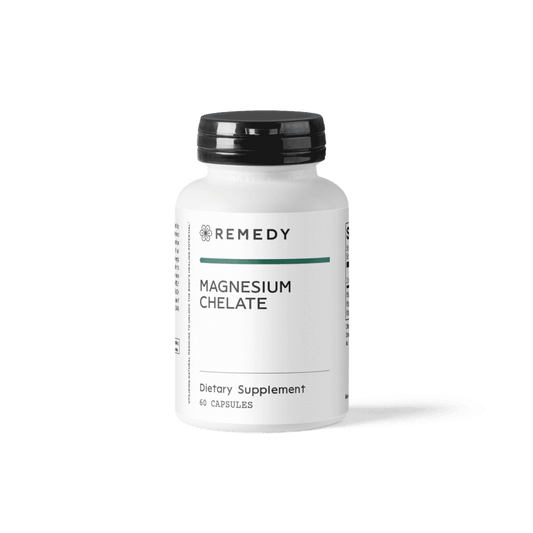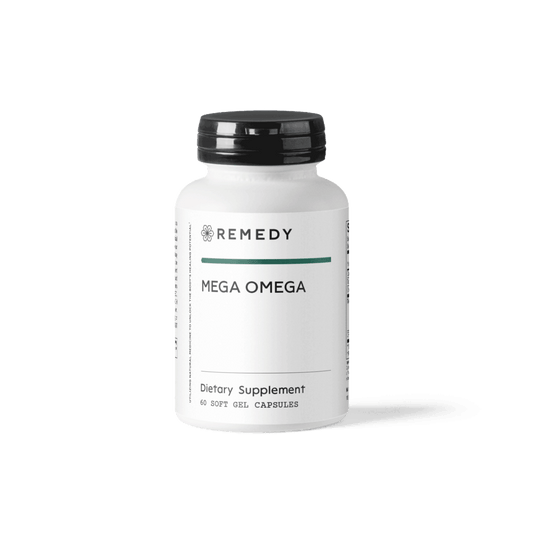Do I need supplements?
In a country with an abundance of access to food, our Standard American Diet (SAD) often leaves us with calorie-rich and nutrient-poor foods. In fact, research shows that thirty-one percent of the U.S. population is at risk of at least one vitamin deficiency or anemia.
In an ideal world, we would get all the nutrients we need from our food. But in reality, we live in a world with depleted soil health that translates to less nutrient dense foods making it difficult with even the most intentional, cleanest, whole, fresh, unprocessed food diet. Simply put, the nutrient density of the food is directly related to the health of the soil.
In addition, our modern lifestyles require a higher nutrient intake due to depletion caused by stress and detoxification processes due to our daily exposure to toxins.
For these reasons, supplementation is necessary in addition to dietary and lifestyle efforts to attain optimal health and functioning.
Where do I start?
We live in a time where information is at the tip of our fingers. Although this can be convenient, this can lead to confusion and overwhelm on how to supplement your diet with vitamins and nutrients.
Not all supplements are created equal. Vitamins and supplements are not regulated by the Food and Drug Administration (FDA) so you must take extra measures to verify the quality of supplements you are purchasing.
Here are things to consider when purchasing your vitamins and supplements:
- Choose cGMP Manufacturers that are certified good manufacturing practices (cGMP) to ensure consistency in quality.
- Use highly bioavailable forms of nutrients to maximize absorption and utilization. Some supplements contain cheaper formulations of vitamins that are not easily utilized by the body. Invest in a higher quality supplement that uses bioavailable forms so that your body can reap the benefits. For example, methylated b vitamins and chelated minerals.
- Tested for purity and potency. Your supplements should have what they say they have in it and nothing else. Many supplements on the market do not have near the quantities of ingredients they have listed on the bottle, or possibly none of that ingredient at all! In addition, many supplements are compromised and contaminated with heavy metals and other toxins that can end up making your supplements cause more harm than good.
- Free from additives, colors, fillers, and potential allergens.
Think of your supplements as an extension to your diet. You put care and attention into the quality of your food, and you should for your supplements as well.
To make things simple, below are top 6 supplements for restoring nutrients that functional pharmacist, Morgan Miller, PharmD, recommends as a starting point for her clients daily supplement routine.
Multivitamin
A high quality multivitamin and multi-mineral supplement is the foundation of any supplement design.
Most of the time it is difficult to single out a single nutrient deficiency and it is likely there are multiple deficiencies given our poor soil health, additional nutritional needs due to stress induced depleted nutrients, and other factors in our modern american way of life.
A high quality multivitamin can address multiple nutritional deficiencies and is a convenient solution for people who want to optimize nutrient intake without multiple supplements. If you choose just one supplement, choose this one.
How can you tell if it is making a difference? With a high quality multivitamin you can usually feel the difference in energy levels immediately!
Omega-3 Fatty Acids
Vitamin D
B-Complex
B vitamins are essential for many functions in the body related to metabolism and energy production. B vitamins help break down the nutrients in food like carbohydrates, fat and proteins and convert them into energy.
There are 8 B vitamins that each have specific functions in our body ranging from converting food into energy, maintaining nerve function, cells growth and development, and more.
- B1 (thiamin)
- B2 (riboflavin)
- B3 (niacin)
- B5 (pantothenic acid)
- B6 (pyridoxine)
- B7 (biotin)
- B9 (folate)
- B12 (cobalamin)
Vitamin B deficiency is common due to our depleted soils and increased demand due to daily stressors. Signs of vitamin B deficiency include anemia, brain fog, depression, fatigue, numbness and tingling of extremities, restlessness, dry skin and skin rashes, and more.
Choose a b complex that has the most bio active forms, usually seen as methylated forms like methylfolate and methylcobalamin.
Magnesium

An estimated 48% of Americans are not getting sufficient magnesium in their diet.
Early signs of deficiency can be subtle but ultimately prevent you from feeling your best. These include nausea, fatigue, weakness, numbness or tingling, muscle cramps. More serious complications can be mental disturbances, heart rhythm disruptions, and seizures.
In functional medicine, magnesium deficiency can often be the root cause for many health complaints including headaches or migraines, constipation, high blood pressure, hormone imbalances, high blood sugar, muscle spasms, and more.
Magnesium comes in many different forms with varying absorption. For general purposes, a chelated magnesium that includes a few different highly absorbable forms like magnesium glycinate and magnesium malate is the best option due to its high absorption and decreased gastrointestinal disturbances.
Read more about magnesium deficiency and supplementation here.
Probiotic
Any functional medicine practitioner with tell you that health starts in the gut.
Probiotics are not just for digestion although this is one of their primary benefits.
A pillar of good gut health, actually good health in general, is the diversity of beneficial bacteria found in your gut that make up your gut microbiome.
Your gut microbiome is made of up of “good” bacteria and “bad” bacteria and the balance can be commonly disrupted due to the lack of plant and nutrient diversity in the standard American diet (SAD), overuse of antibiotics, and daily stressors.
The health state of your gut microbiome effects all aspects of your health from mental health to skin health and everywhere in between.
Different bacteria strains have more evidence in some conditions than others and selecting a probiotic can get overwhelming.
A good starting place is to so make sure you are getting a good variety of Lactobacillus and Bifidobacterium species. Not only do you want a broad spectrum probiotic, but you also want to ensure it has a high enough colony forming units (CFUs). A good dose to look for is at least 20 billion CFUs.
For an added bonus, Sacchromyces boulardii species, which is a probiotic yeast, has well documented beneftis from boosting immune health to aiding in inflammatory gastointestinal diseases.
Individualize your Supplement Regimen
These 6 foundational supplements are just a starting point. Each individual has different needs and could benefit from other vitamins, minerals, herbs, or phytonutrients.
If you are interested in having a supplement regimen designed specifically for your needs consider working with a functional medicine practitioner. Schedule a free 15 minute consultation here.
Bundle and Save
To make it easy, Remedy’s Foundational Bundle includes all 6 foundational recommendations at a reduced price.












